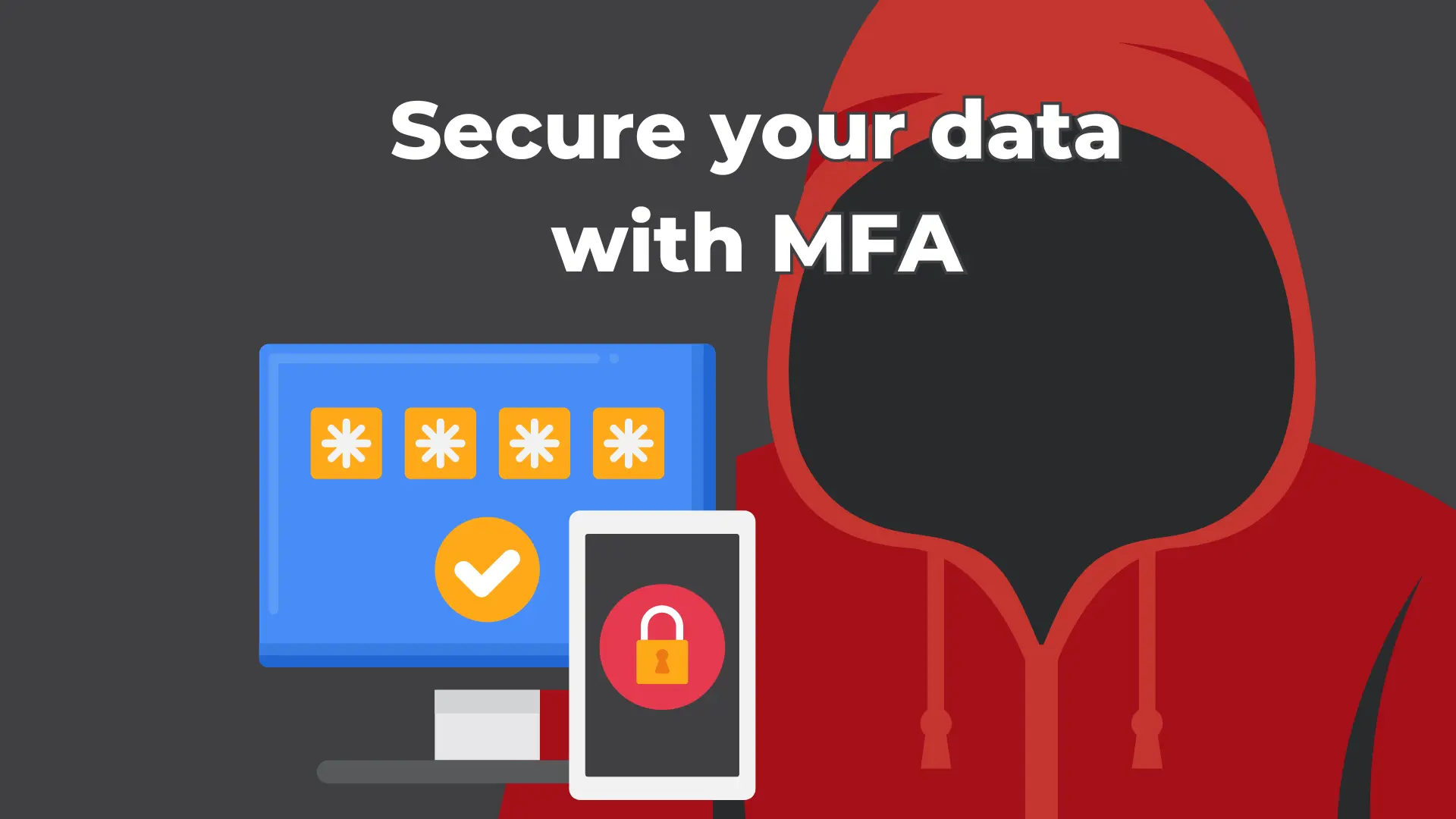Cybersecurity Training for Your Employees Keeps Your Small Business Safe
Employees are the first line of defense for your business
Your employees are the first line of defense for your business. They are also the most likely to let their guard down and become careless. That makes them the greatest asset of any hacker looking to take advantage of a weakness in your security system. Cybersecurity training for your employees will help strengthen your defenses.
Employees should be trained in cybersecurity, as well as best practices for using technology to work effectively and safely. With cybersecurity training, you’ll learn how to protect yourself and others from cyber criminals. This can help prevent data loss, which can cost millions of dollars in damages and customer dissatisfaction.

Cybersecurity training teaches employees about threats
Your employees are the front line of defense against cyber threats, but it is your responsibility as an employer to make sure they have the tools and knowledge necessary to do their jobs. You may have a security team working behind the scenes, but if you don’t educate your employees on their role in protecting company data, then you’re leaving your business vulnerable.
Cybersecurity training includes topics such as:
- What are the most common threats?
- How can I spot scam emails?
- What steps should I take when I click on a suspicious link or open an infected attachment?
- How do I know if my personal devices have been compromised and now pose a threat to corporate systems?
Training helps reduce risk
In order to truly reduce your company’s cybersecurity risk and create a culture of security, you need to provide your employees with cybersecurity training. Having employees who are educated about cyber threats and know how to recognize suspicious emails, phone calls, and text messages can help avoid potential breaches by ensuring sensitive information is not given away to attackers. Additionally, having thorough data backup processes in place will help minimize the fallout of an attack and get your business back up and running quickly.
The first step in creating a culture of security is phishing training. By simulating phishing attacks on employees within the company, you can determine which members of your staff are at high risk for falling victim to one of these fraudulent messages or emails. This way, you can prioritize who needs additional training most urgently. Also, you can identify areas that need improvement when it comes to educating certain departments or teams on how they should handle cybersecurity issues within their respective roles at work. You may also want to provide educational materials for everyone else so that everyone knows what actions can lead them down this path. (e.g., giving out personal information over email)
Another important aspect of training is teaching employees about the importance of phone and email verification procedures—which means confirming whether someone on either end really wants/needs something before sharing any details about themselves or their company in case there’s any doubt regarding legitimacy.”
Prepares employees for the next disaster
Ransomware. Data breaches. Distributed denial of service attacks. Downtime due to a restoration from backup.
All of these are IT disasters that can occur at any moment and potentially cause your business to go offline for hours, days or even weeks. When this happens, you need employees who know how to respond quickly, who understand how important it is to keep your company’s data secure and who know how recovery works — before the disaster strikes. This means your cybersecurity training shouldn’t just be about preventing cyberattacks like phishing attempts and malware infections; it should also teach employees what they need to do in case a disaster occurs and how they can help minimize downtime while recovering from one.
What Is Disaster Recovery?
In general terms, disaster recovery is the process of backing up key data so you can restore it in the event of a catastrophic failure or attack on your network. If you’re using cloud-based services for any part of your operations, there’s a good chance you already have some form of disaster recovery in place without realizing it. Many cloud platforms automatically back up their users’ data every day.
Cybersecurity is a crucial part of employee training.
As the owner of a small business, you may think that cybersecurity doesn’t apply to you. If your company isn’t constantly sharing sensitive data or dealing with personal information, then it might seem like there’s little need for your employees to undergo cybersecurity training. However, as with any other field, a lack of knowledge can lead to serious complications from human error.
It’s never too late to start implementing cybersecurity into your employee training! Here are three ways you can make sure it gets the attention it deserves:
- Have cybersecurity explained in the onboarding process. If a new employee understands why they need to protect their user accounts and passwords right away, they’ll be much more likely to take these measures seriously.
- Add security tips to your employee handbook. Your company should already have some sort of guideline for how employees should conduct themselves at work. Help them keep their browsers safe by adding a few pointers on the importance of avoiding suspicious links!
- Create a written guide explaining the basics of staying secure online. It doesn’t have to be anything fancy—a simple packet handed out during onboarding will do just fine!
Where to start
Implementing cybersecurity training for your company is an important step to securing your small business. But cybersecurity can be a complicated topic to understand and implement. With a cybersecurity risk assessment, we can help identify weak areas of your company’s security. We will assess your business and make recommendations based on our findings. Book a risk consultation today to discover the risks in your business!
Recent Posts
Multi Factor Authentication: The Ultimate Guide to Securing Your Accounts
What is Multi-Factor Authentication? Multi-factor authentication (MFA) or two-factor
How to choose the best computer repair service for you!
Ever spilled coffee on your laptop or had your computer
Who is the best internet provider in Prescott?
If you just moved to the area, or you're






